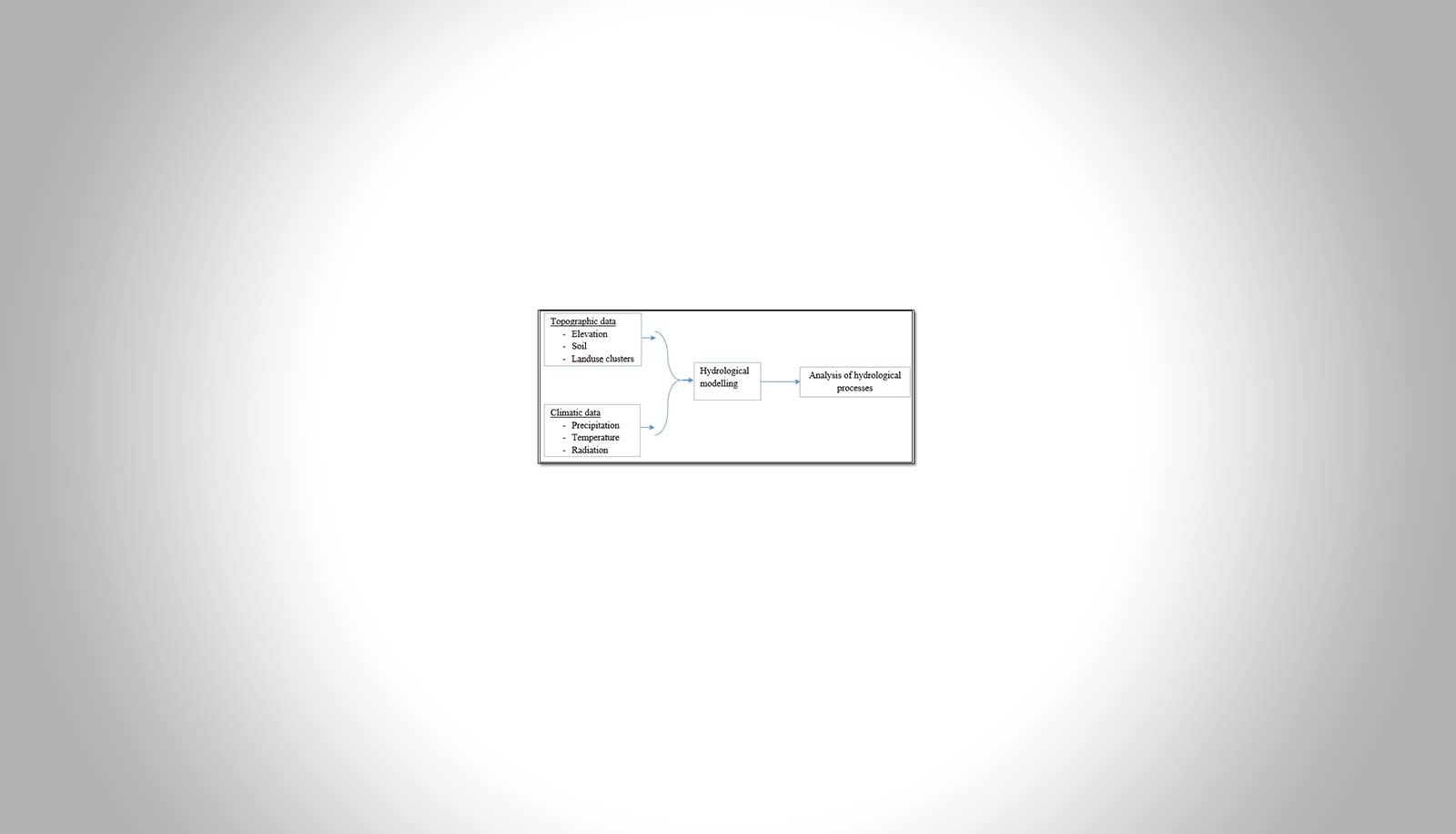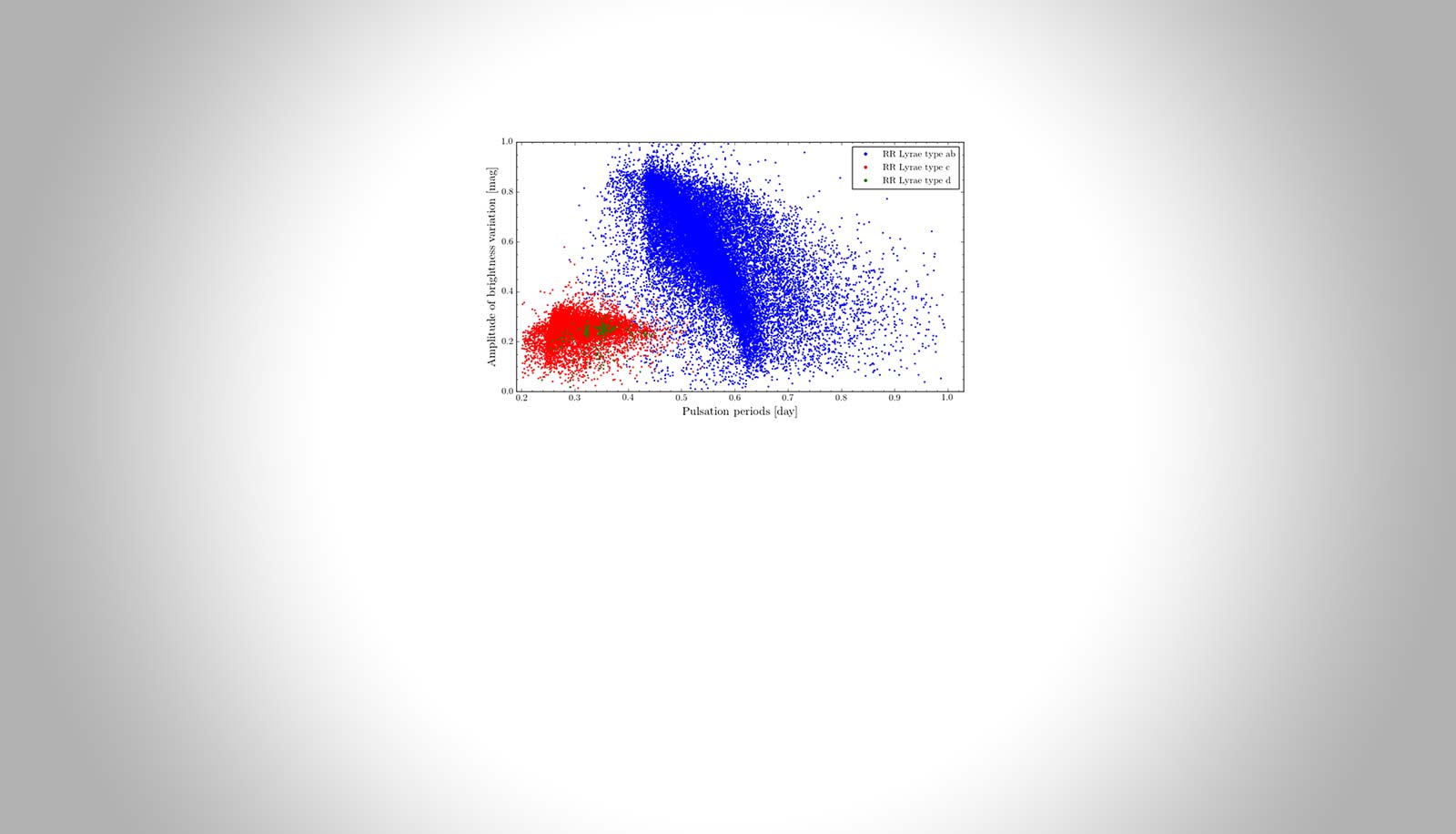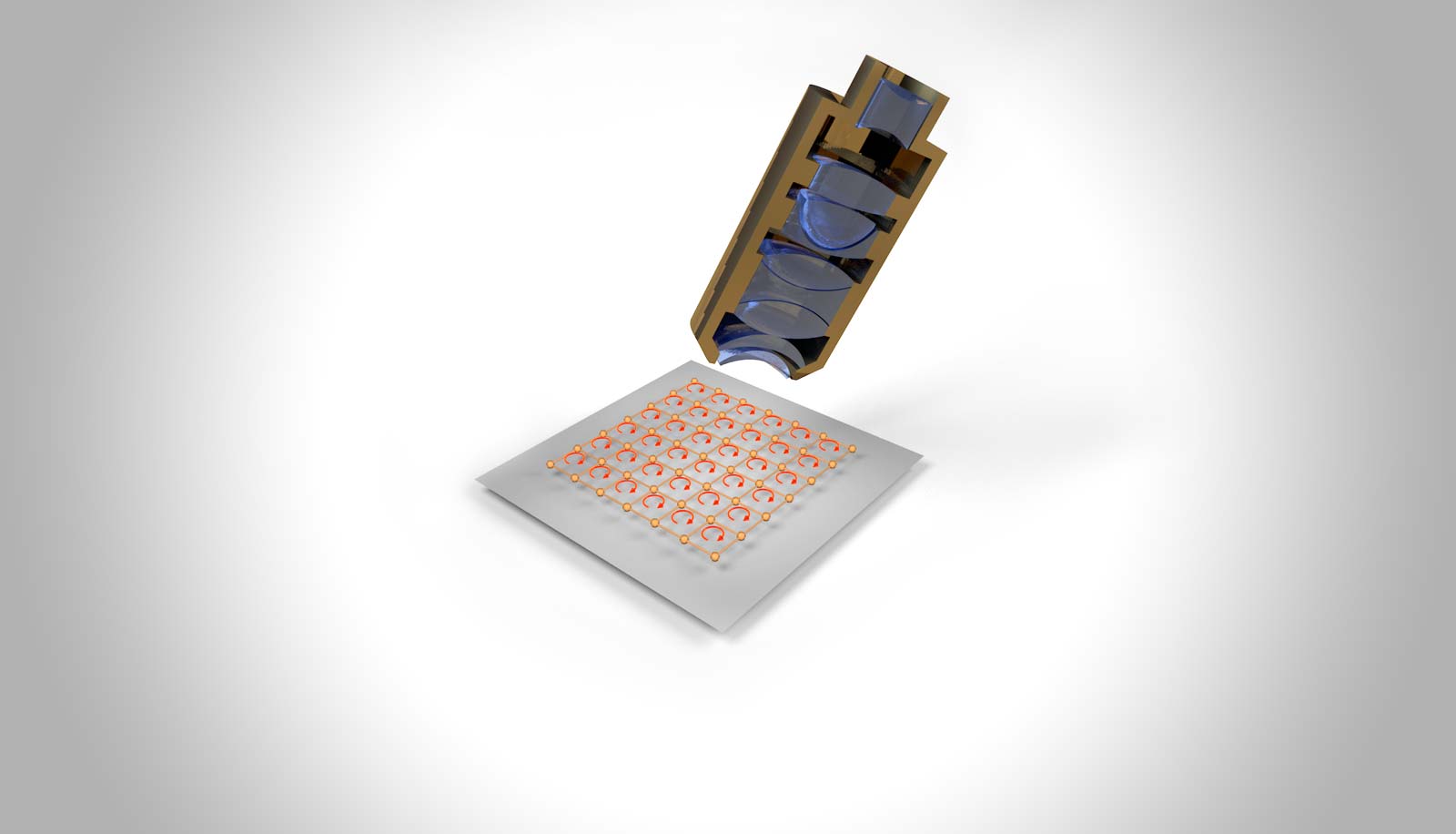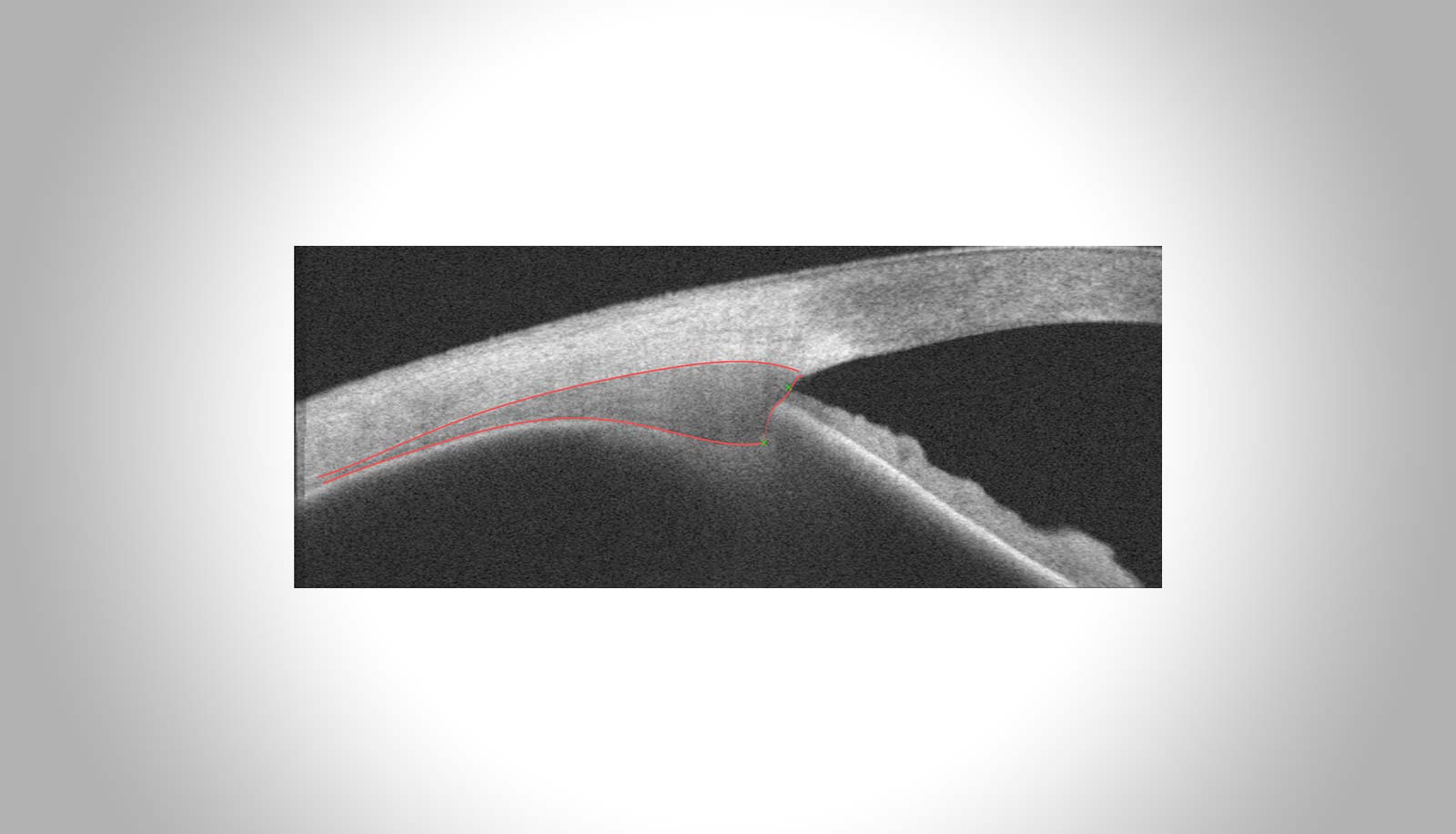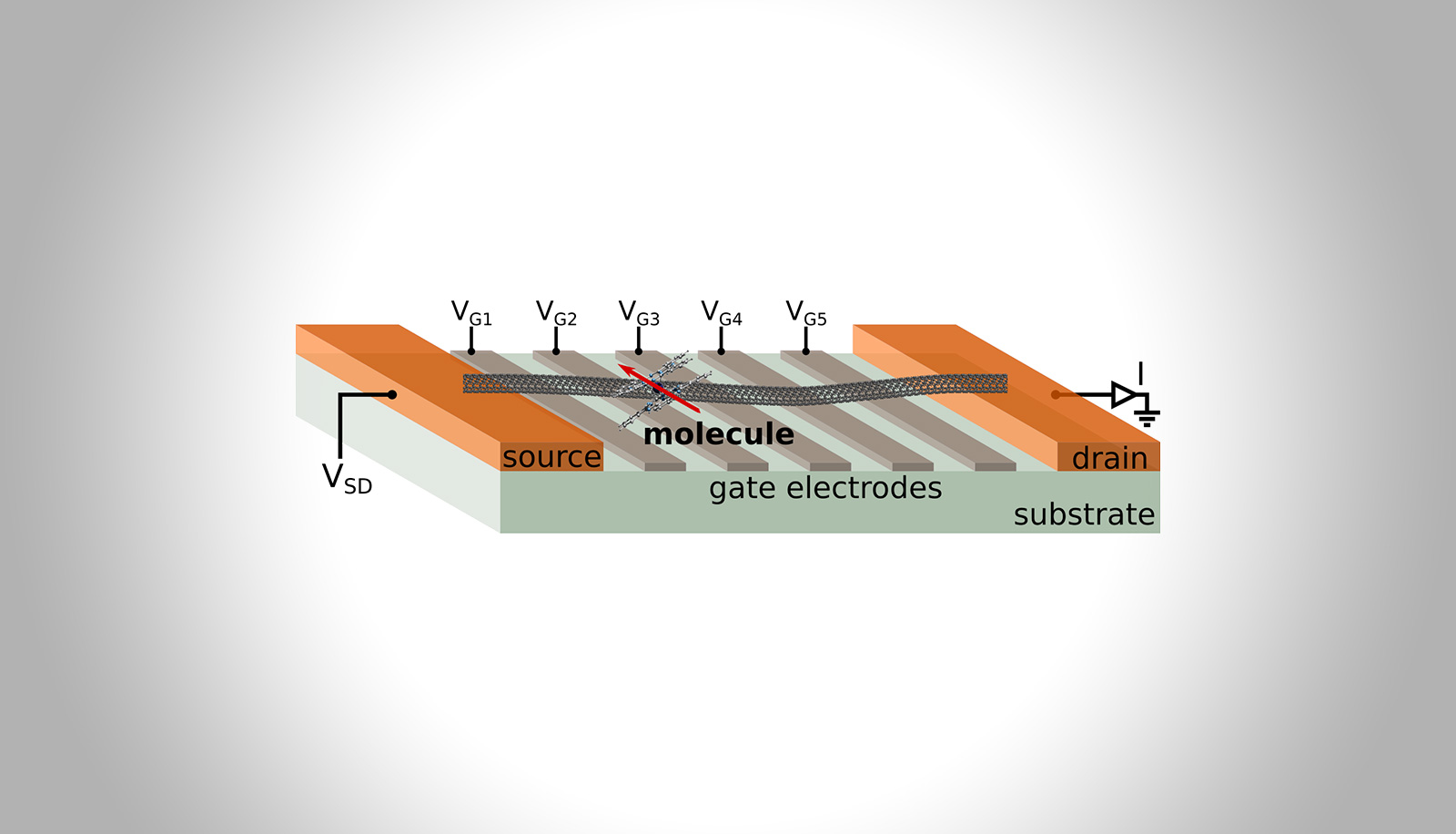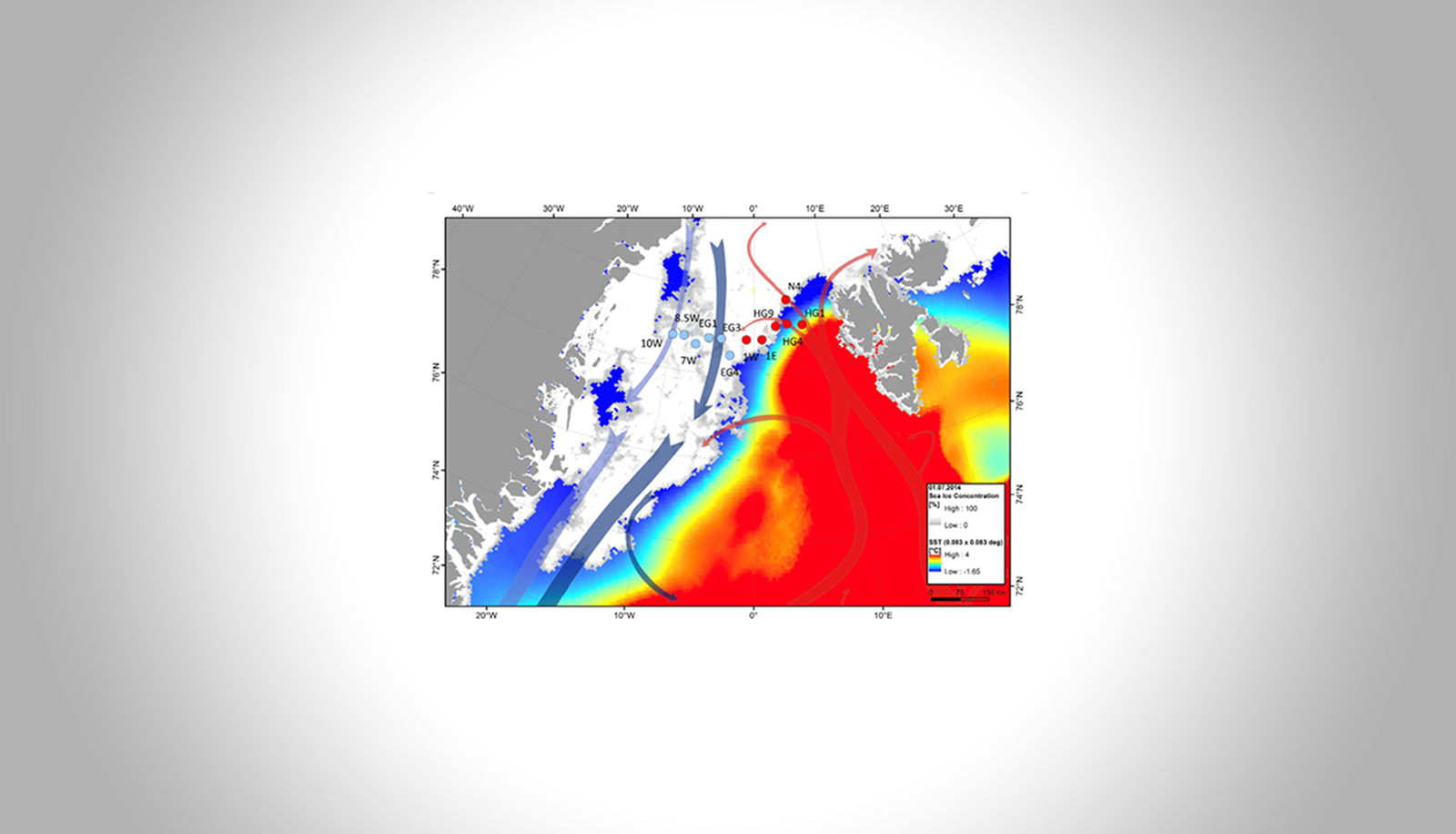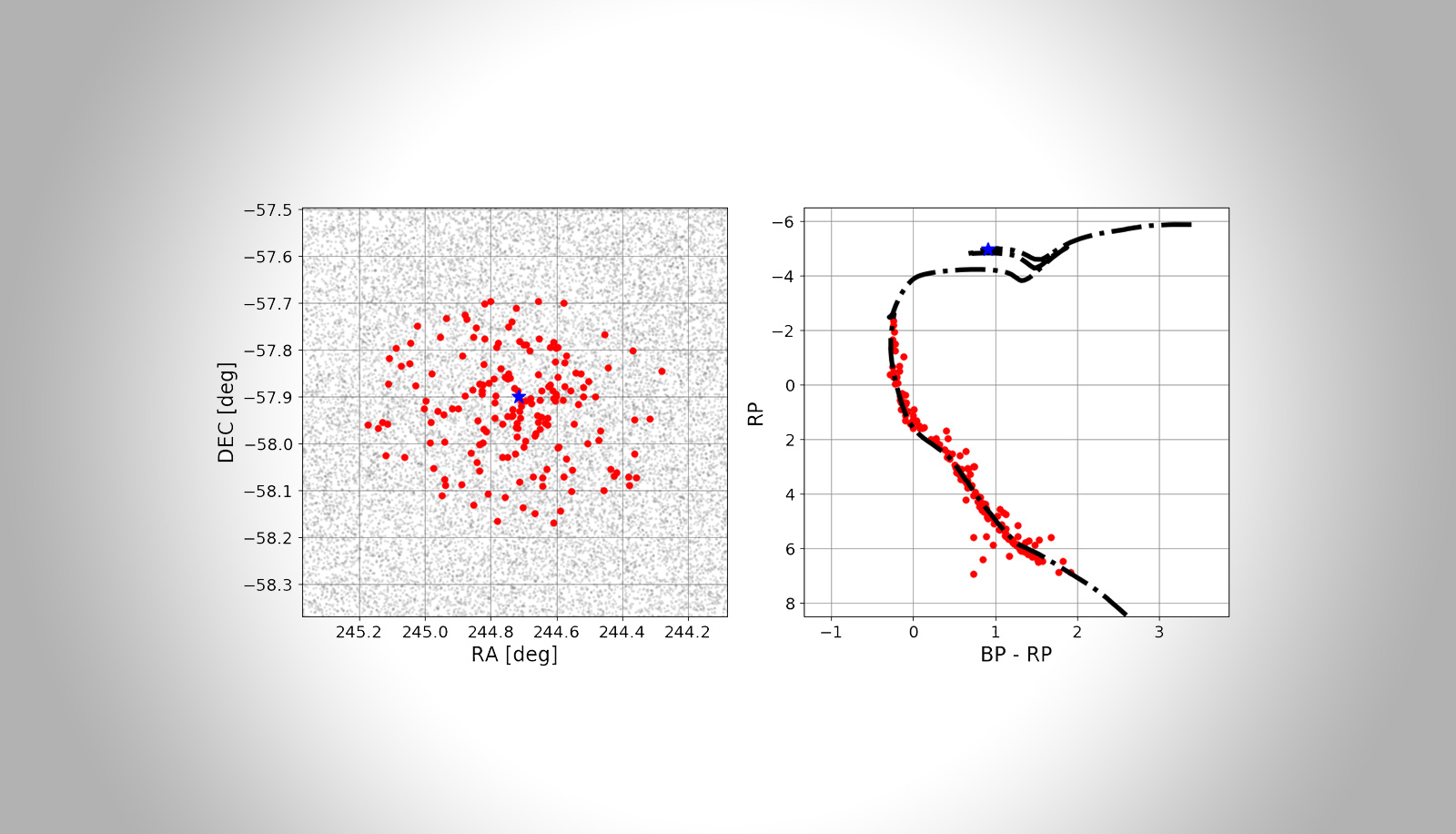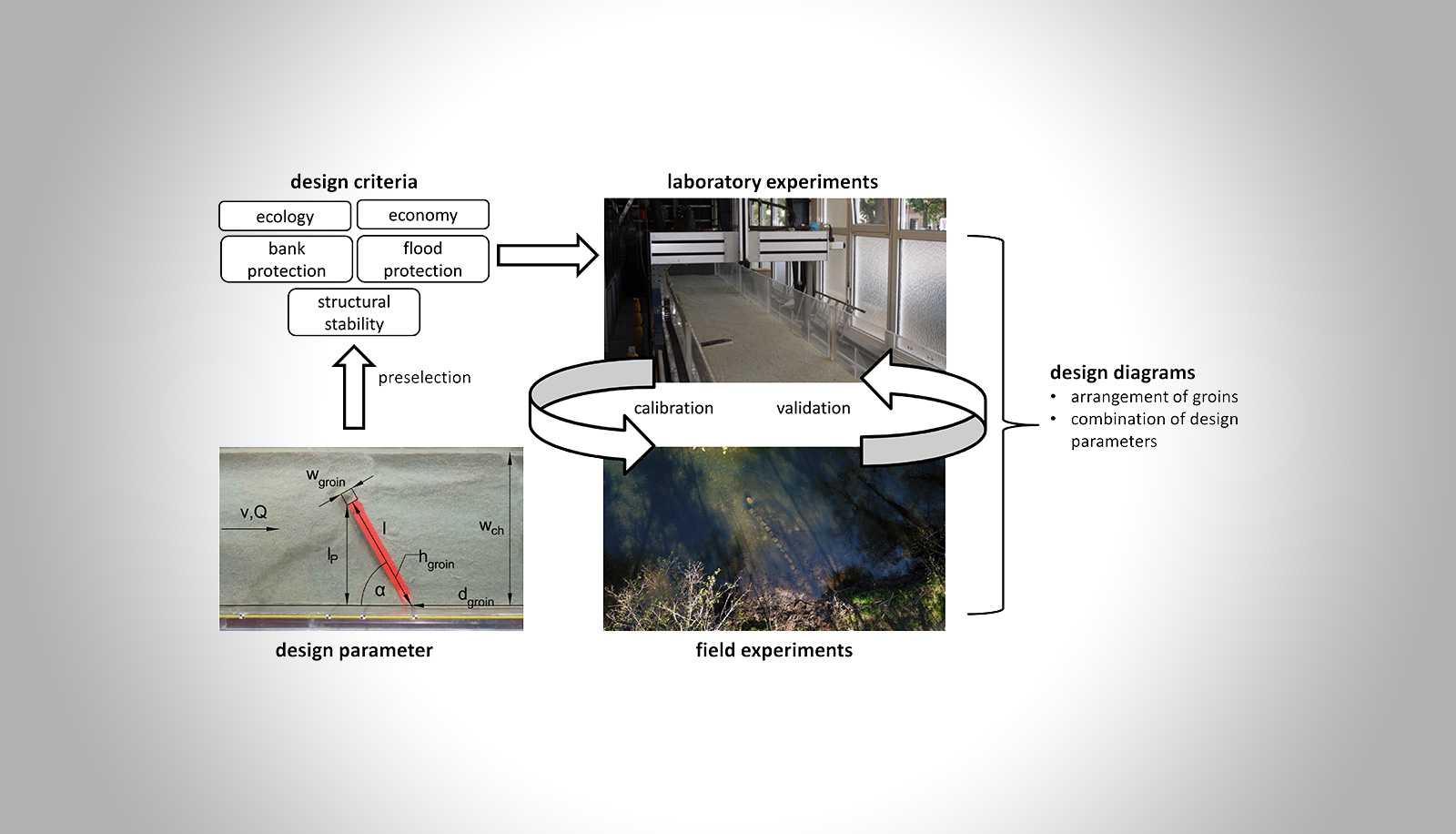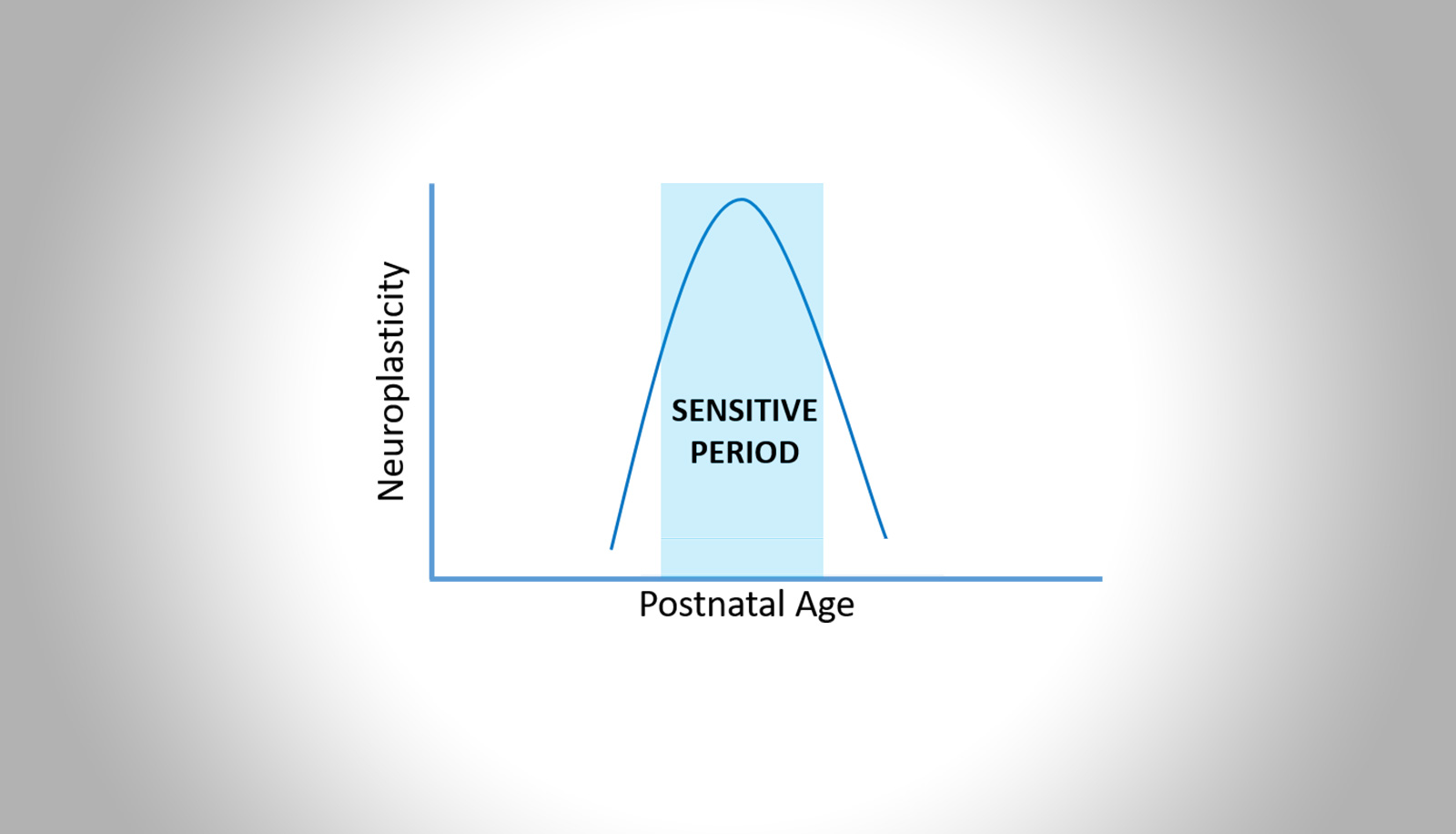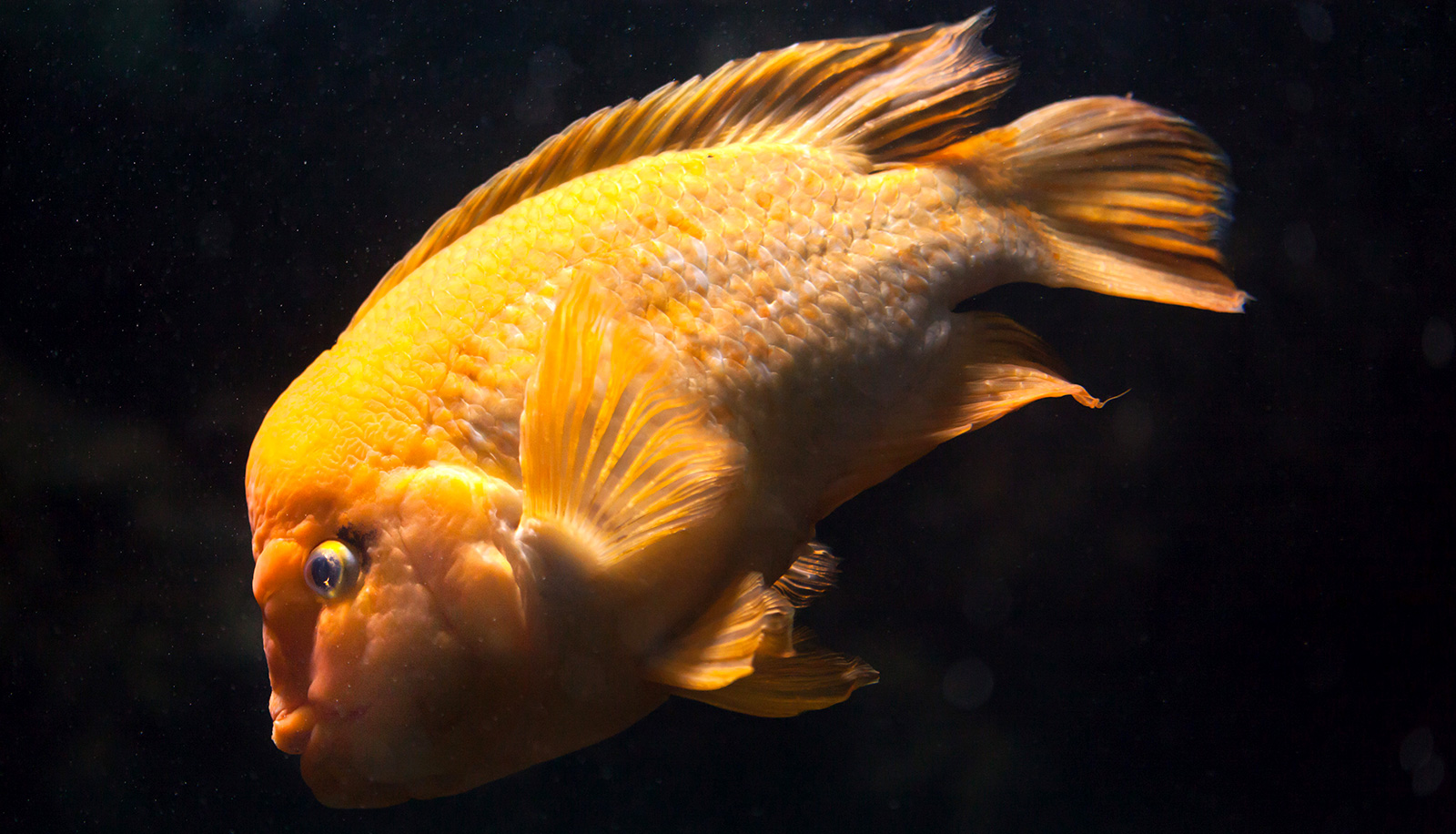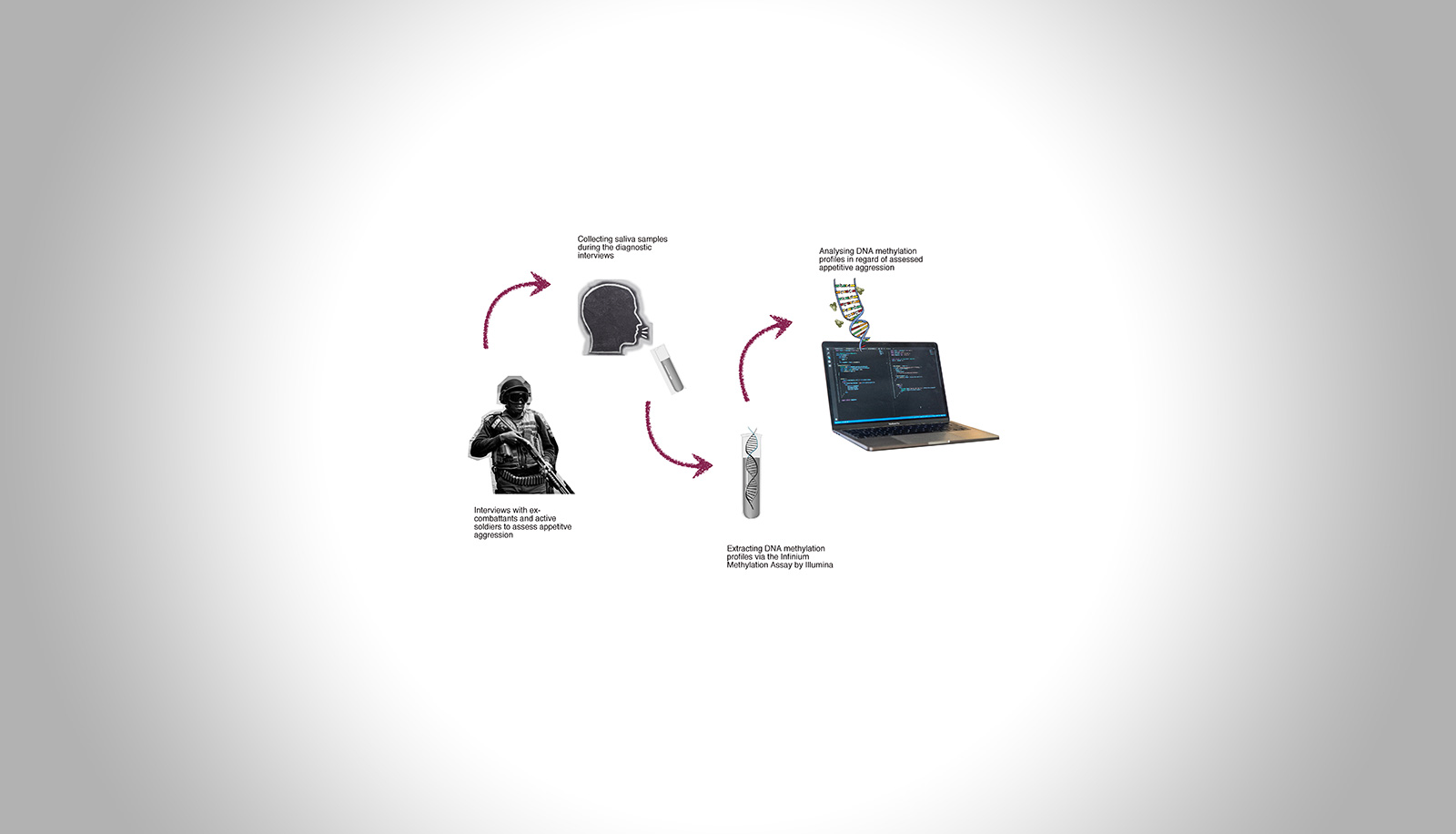Networking and interdisciplinary knowledge transfer
Alumni projectsCompleted projects
The Hector Fellow Academy has created a dynamic network for its alumni in order to maintain the dialogue between outstanding scientists beyond the project period. The regular exchange and transfer of research results as well as the opportunity for long-term interdisciplinary cooperation makes the HFA a vital academy of science. We are pleased that the following projects have been successfully completed.

Completed interdisciplinary projects
Completed doctoral projects
Influence of River Basin Morphology and Climate Change on Water Partitioning in Semi-Arid River Basins
Phoebe Pauline Onjira — Hector Fellow Franz Nestmann
Increased anthropogenic activities and climate change are causing a global shift in patterns of water fluxes. Semi-arid river basins are characterized by more water stresses, extreme and sporadic climatic events, and have been projected to worsen in many regions under the influence of climate change.
RR Lyrae stars as tracers of substructure and Galactic archaeology
Zdenek Prudil — Hector Fellow Eva Grebel
Galactic archaeology uses stars as fossils to study the evolutionary history of galaxies like our own Milky Way. Cosmological simulations suggest that larger galaxies were partially formed by accreting smaller dwarf galaxies. Such merger events should leave observable signatures in the form of star streams, but empirical constraints on the times, numbers, and importance of such mergers are still missing.
Towards Topological Many-Body Physics Using State-Dependent Optical Lattices
Hendrik von Raven – Hector Fellow Immanuel Bloch
In modern condensed matter physics topology plays a fundamental role in the classification of phases of matter. A prominent example is the quantum Hall effect discovered in two-dimensional electron gases under extreme conditions. Quantum Hall insulators are isolating in the bulk, but exhibit conducting edge states, which results in a quantised Hall conductance.
Genetic & Developmental Basis of Color in Cichlid Fish
Margaret Sefton – Hector Fellow Axel Meyer
Cichlid fish are well-known for their beautiful colors and multitude of body shapes. They are found in the East African Rift lakes where they have formed so-called adaptive radiations, in which hundreds of new species originated extremely quickly – sometimes within less than 100,000 years.
Accommodation Behavior and Ciliary Muscle Activity in Myopia
Sandra Wagner – Hector Fellow Eberhart Zrenner
Prevalence of myopia (shortsightedness) increases considerably in industrialized countries. The mechanisms behind this development need to be fully understood in order to arrive at prevention. The aim of Sandra Wagner’s research was to allow a better understanding of accommodation, address unanswered question regarding myopia onset and support the development of new devices.
Mechanical manipulation of molecular spins in CNT resonators
Tim Althuon – Hector Fellow Wolfgang Wernsdorfer
Carbon nanotube (CNT) resonators will be designed and fabricated to exploit their sensing properties. We will graft a single-molecule magnet (SMM) on such a CNT resonator in order to manipulate its spin states via the mechanical motion of the CNT. Using this nanomechanical approach, single-molecule magnets will be investigated with the long-term prospect of applying them in future quantum technologies.
Temporal and spatial microbial dynamics in the Arctic Ocean
Magda Cardozo-Miño – Hector Fellow Antje Boetius
The project investigates composition and function of microbial communities in Fram Strait, the major gateway between the Arctic and the Atlantic Oceans, and how these are linked with environmental conditions. A series of cutting-edge, molecular approaches are applied to assess microbial functional capacities, community composition and their temporal variation in a region under special threat by climate change. The project is supervised by Hector Fellow Antje Boetius.
Unveiling the Galactic History with Pulsating Variable Stars
Gustavo Medina Toledo – Hector Fellow Eva Grebel
This project aims to explore the use of young and old pulsating variable stars to improve our current understanding of the Milky Way. This will be achieved by performing a novel study of the kinematics, ages and chemical compositions of Cepheids and RR Lyrae stars which, in spite of being archetypes of different stellar populations, represent key tracers of the recent star formation and assembly history of the Galaxy.
Bank Structuring in Urban Environments through Micro Groins
Andreas Müller – Hector Fellow Franz Nestmann
The European Water Framework Directive requires that all waterbodies achieve a good ecological status until 2027. In urban environments the restricted spatial conditions and different interests cause problems in river restoration.
Sensitive period plasticity and functional recovery after sight restoration
Rashi Pant — Hector Fellow Brigitte Röder
Visual experience during a sensitive period is crucial for the normal development of the brain. Individuals who are treated for congenital cataracts more than a few weeks from birth suffer from low visual acuity as well as specific deficits (such as impaired face processing). This project investigates the possible mechanisms that mediate this sensitive period, by non-invasively assessing brain structure and function in congenitally and developmentally visually deprived individuals.
Mechanisms of Reproductive Isolation During Rapid Speciation
Sina Rometsch – Hector Fellow Axel Meyer
Reproductive isolation, the ceased exchange of genetic material, is crucial for the divergence of populations into distinct species. This is commonly facilitated by an extrinsic physical barrier, but rarely it can also occur devoid of such barriers. Whether speciation proceeds by the same or different reproductive isolation mechanisms under these two geographic scenarios remains a matter of debate. We aim to contribute to this fundamental question in biology by taking advantage of a model system of speciation: the Midas cichlid fishes.
Epigenetic Underlying of Appetitive Aggression
Anja Rukundo-Zeller – Hector Fellow Thomas Elbert
Aggression can be distinguished in a reactive form, which is a protective response to an acute threat and an instrumental form, which is goal directed. Appetitive aggression is a sub form of instrumental aggression, which is defined by the experience of lust when perpetrating violence. So far, the latter has been only assessed through self-report. The doctoral project under supervision of Prof. Thomas Elbert intends to create an objective, epigenetic marker for appetitive aggression.

